
MULDRAUGH, KY — In an era where technology offers unprecedented access to government proceedings and civic engagement, the city of Muldraugh, Kentucky, finds itself at the center of a heated debate over transparency, accessibility, and the role of social media in modern governance.
Mayor Anthony Lee, who took office with promises of integrity and openness, is now under fire after publicly refusing to livestream city council meetings. In an interview with the Meade County Messenger, Lee unapologetically dismissed the idea of broadcasting city meetings online.
“I don’t do social media. I can’t stand Facebook. Not gonna happen. That’s my choice. I’m not going to livestream meetings on social media,” the mayor stated. “I am probably the most transparent person we’ve ever had in here.”
To many Muldraugh residents, however, the mayor’s comments have raised more concerns than confidence. Critics argue that without a video record of city meetings, residents are left in the dark about the decisions that affect their lives and tax dollars. For those who work late hours, face mobility challenges, or simply cannot attend in person, livestreams are not a luxury — they are a necessity.
A Step Backwards from Previous Efforts
Mayor Lee’s refusal to allow livestreaming represents a stark departure from a precedent set under former Mayor Joseph Noon. During Noon’s administration, council meetings were livestreamed for the public to view remotely. The effort, while initially praised, came to an abrupt end following community backlash over certain council decisions. In what many perceived as damage control, the city discontinued the broadcasts, and the digital window into city hall slammed shut.
What followed has been a return to closed-room governance, with no official recordings of meetings available to the public — unless they attend in person.
“This isn’t about Facebook,” said former resident and journalist Josh Ferguson. “It’s about access. It’s about accountability. The citizens have the right to see how their government operates.”
Ferguson, founder of The Muldraugh Register LLC, an independent online news outlet, has taken the livestreaming initiative into his own hands.
Contradictory Claims and Grassroots Response
Ferguson recalls a city council meeting in 2023 where he directly asked Mayor Lee why the city wouldn’t livestream meetings for residents who couldn’t be present. According to Ferguson, Lee gave a different excuse than the one he offered the Messenger.
“Back then, the mayor said that since the city is a government entity, they’d have to pay for streaming services,” Ferguson said. “At the time, I didn’t know much about streaming. I thought maybe it was complicated or expensive. But I’ve learned a lot since.”
Ferguson has since equipped himself with a simple GoPro camera and now livestreams city meetings via Facebook, YouTube, and his own news website — all at no cost. “I don’t pay for YouTube Live. I don’t pay for Facebook Live. I stream directly to my website and still don’t pay anything,” he explained. “In fact, if your channel is eligible, YouTube will actually pay you to run ads on your stream.”
The revelation, Ferguson says, proves that Mayor Lee’s statements don’t hold up.
“This idea that the city can’t afford to livestream is just not true,” Ferguson said. “It doesn’t cost anything to do. The only reason not to do it is because you don’t want people watching.”
A Chilling Effect on Civic Engagement
According to Ferguson and other concerned residents, the consequences of this decision go beyond inconvenience. Without livestreams or recorded video, there is no public record of what is said or decided during meetings — something that could be crucial for those seeking accountability or transparency in government actions.
“My experience attending meetings is that if you speak up or ask questions, you get treated poorly,” Ferguson said. “It’s intimidating, and it discourages participation. It’s like they want the public to stay quiet and uninvolved.”
That sentiment is echoed by several residents who believe the city’s refusal to livestream is a way to suppress dissent and avoid criticism.
“If there’s no recording, there’s no evidence,” one anonymous resident said. “They can say and do whatever they want, and no one can prove otherwise.”
A Call to Action and Community Support
Despite holding a full-time job, Ferguson remains committed to livestreaming every city council meeting he can attend. But recognizing the limits of his time, he is now calling on the community to help keep local government accountable.
“If there are residents who can go and livestream on behalf of The Muldraugh Register, we will provide the camera and the tools,” Ferguson said. “We just need more eyes in the room.”
The goal, he says, is simple: make sure the people know what their leaders are doing — and saying — when they think no one’s watching.
Transparency Beyond the Camera
Livestreaming isn’t Ferguson’s only method of demanding transparency. He has also filed open records requests seeking information about city hall’s financial practices and budgeting. The requests are currently pending.
“We want to know where the money is going,” he said. “How it’s being spent, who’s approving it, and whether it reflects the will of the people.”
Ferguson believes the lack of fiscal transparency only reinforces the need for public oversight.
“The less you see, the more you wonder what’s being hidden,” he said.
The Bigger Picture
What’s happening in Muldraugh is part of a broader national conversation about transparency in small-town government. Across the country, municipalities are embracing livestreaming and open data to build trust with their communities. In many cities, video records are now standard practice — even required by law in some states.
Muldraugh’s resistance to these norms stands out, not only for its stubbornness but also for what it says about power and control in local politics.
“We’re not asking for the moon,” Ferguson said. “Just a camera and an internet connection.”
The Public’s Right to Know
At its core, the debate in Muldraugh is not about technology or personality. It’s about principle. It’s about the public’s right to know how decisions are made, and who is making them — whether they can attend in person or not.
“I didn’t get into this to start a fight,” Ferguson said. “I just want people to be informed. I want residents to know that their voices matter. That someone is paying attention.”
As the city continues to operate without official livestreams, people like Ferguson are stepping in to fill the gap — proving that in Muldraugh, transparency might be hard-won, but it won’t be silenced.


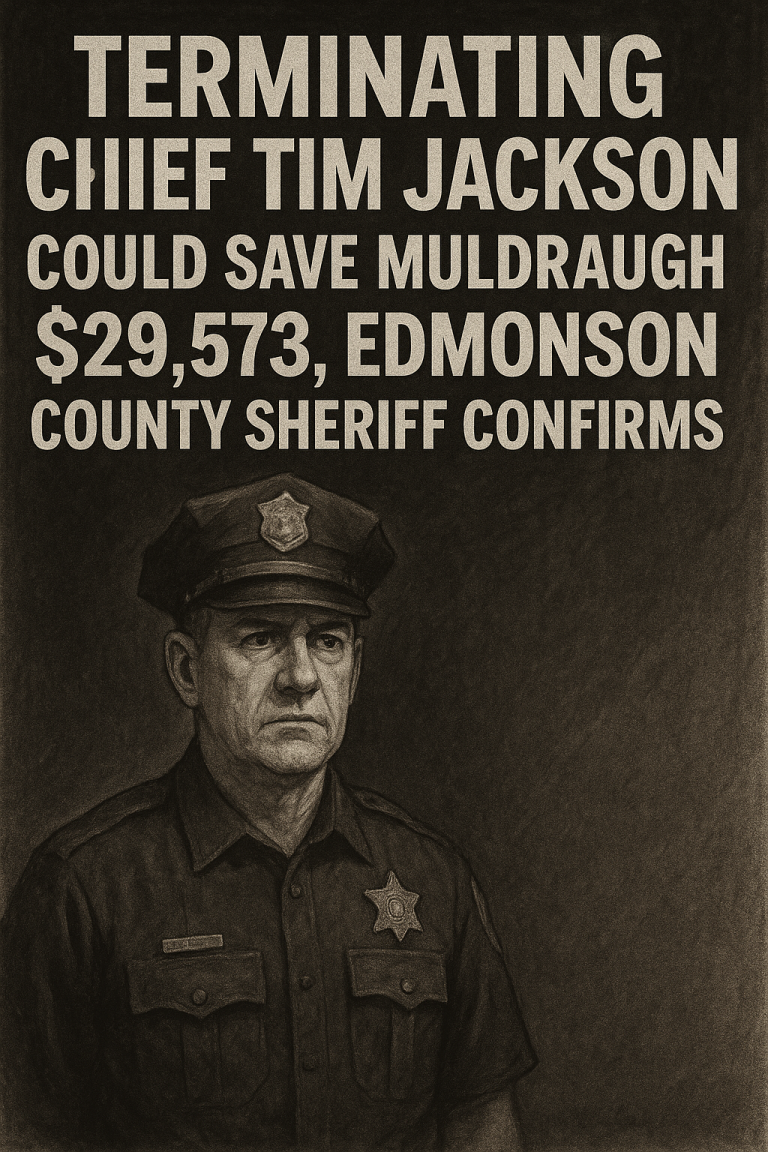
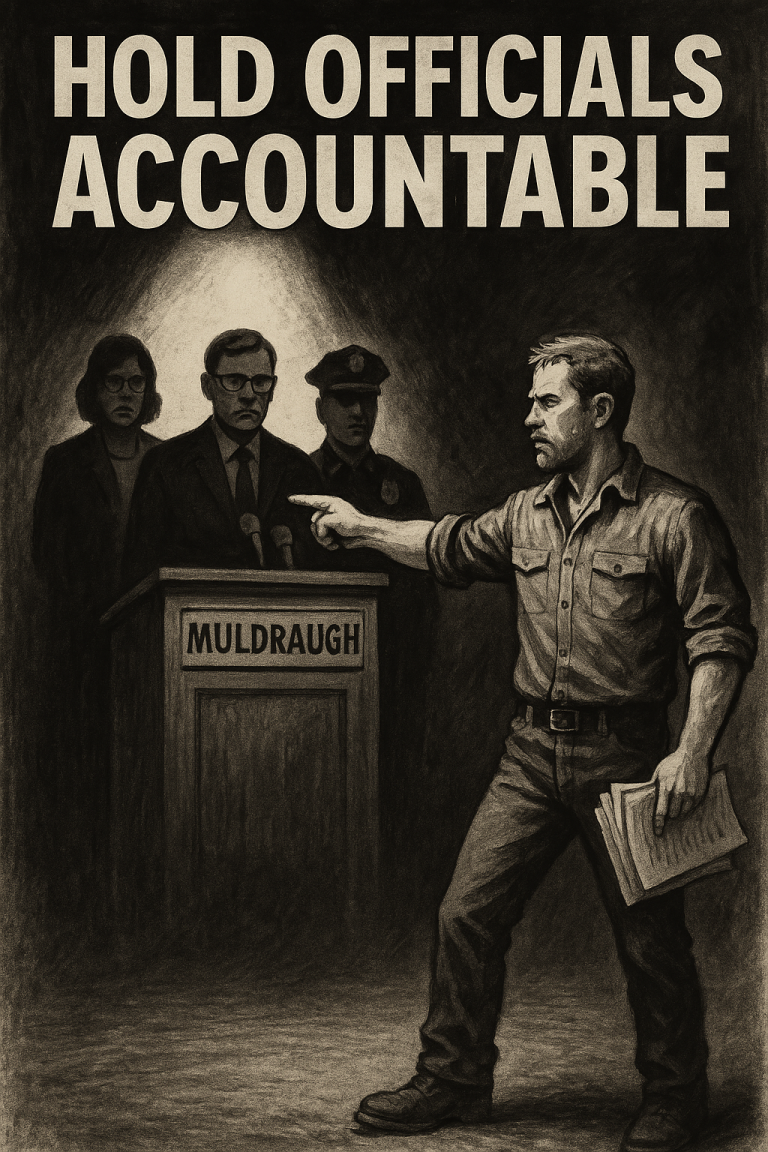
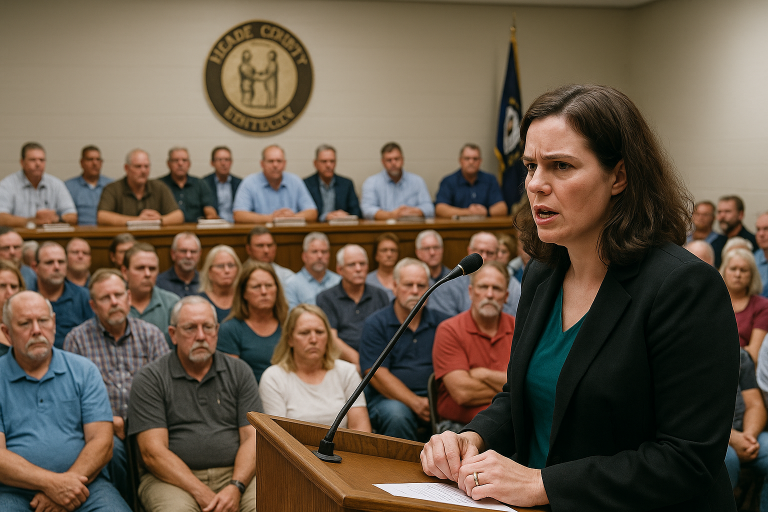
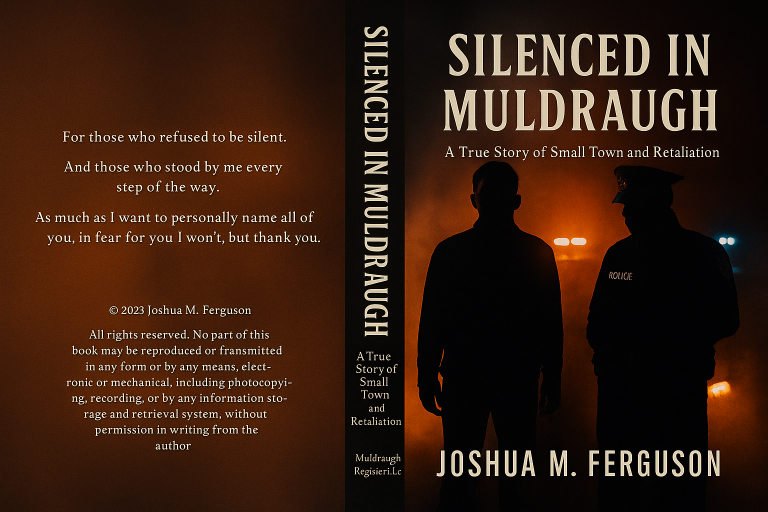
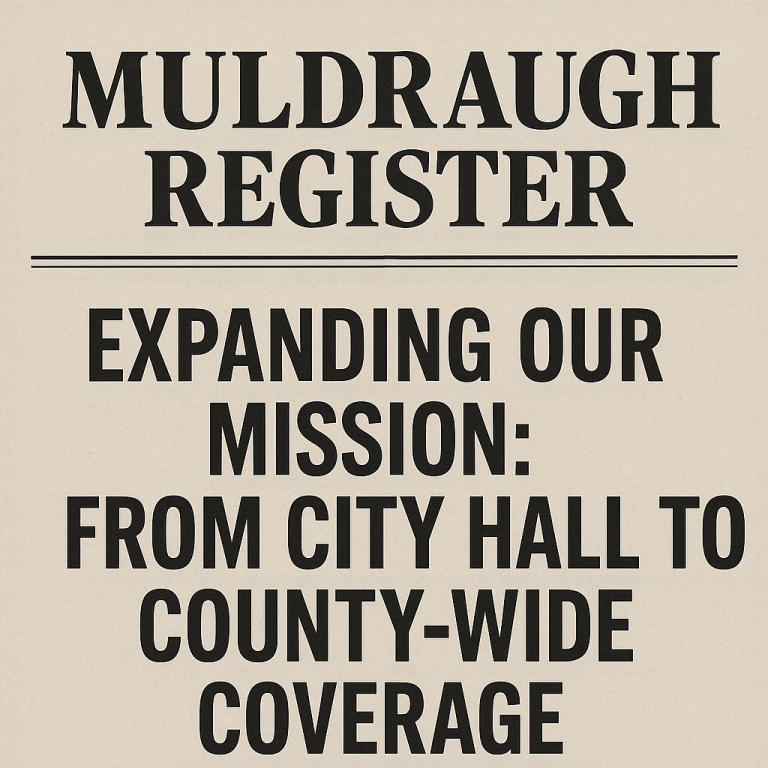
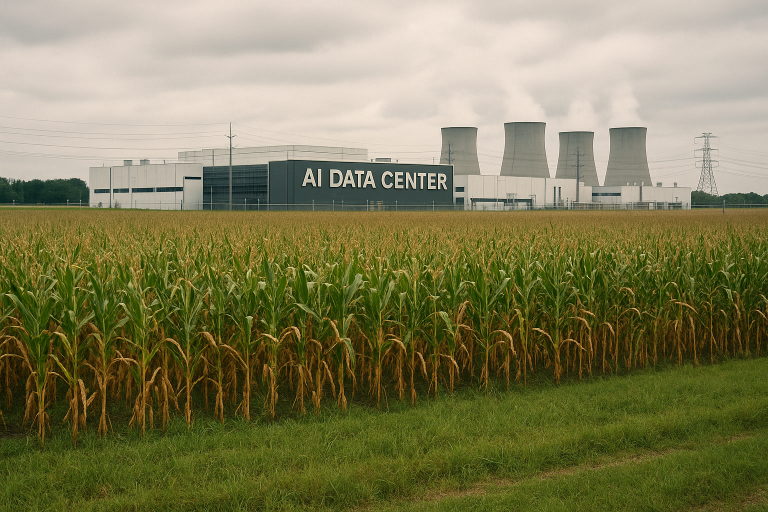
Reading this evokes the sensation of standing in a quiet room filled with soft light, where each word illuminates nuance without force. The sentences carry subtle rhythm and resonance, inviting the reader to linger, absorb meaning, and reflect on both the content and the spaces between ideas.